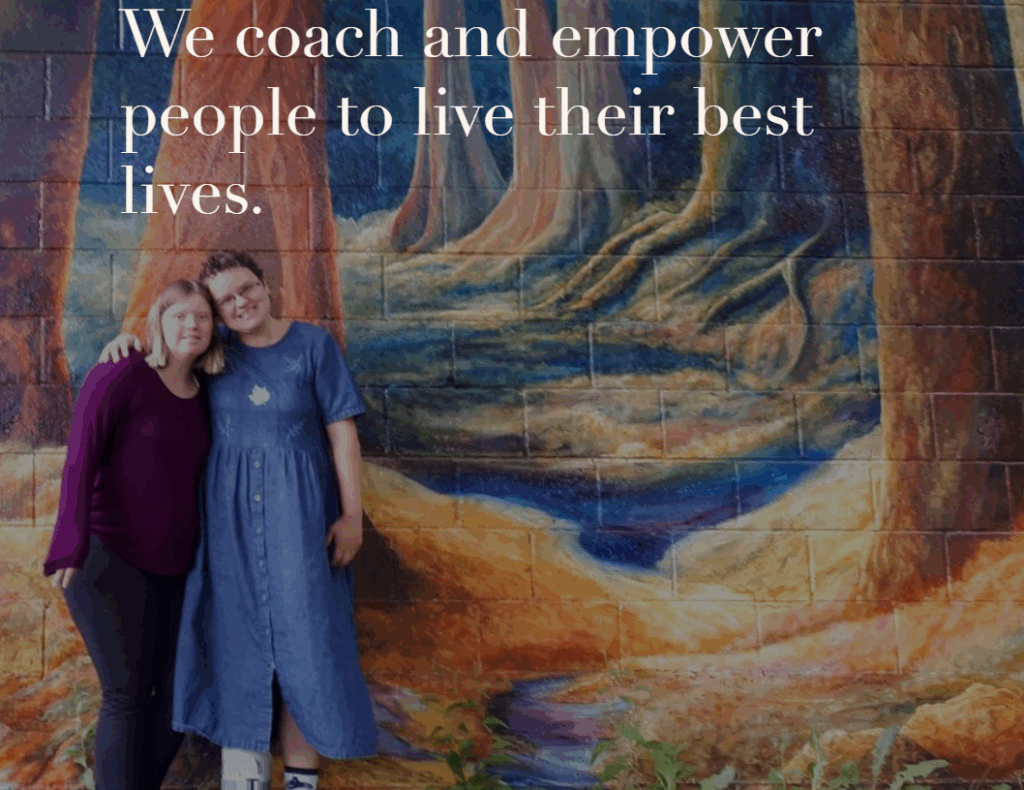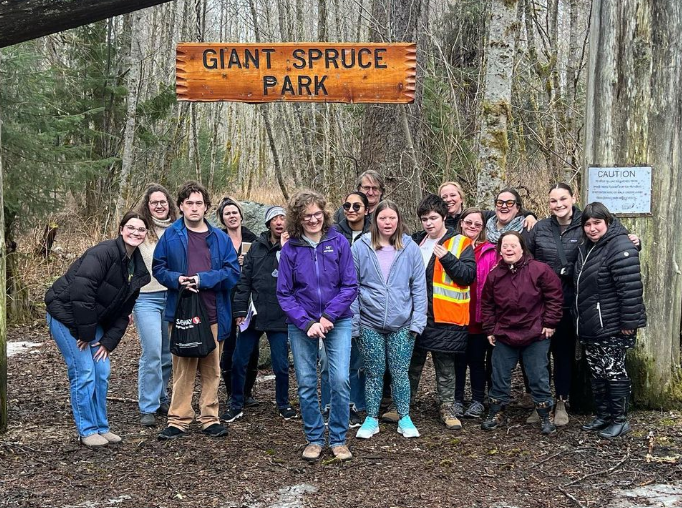Care: Provincial Networking Group Inc. (PNGI)




The Challenge
PNGI’s primary concern was to create a safer working environment for staff who regularly operated alone with vulnerable clients. According to WorkSafeBC regulations, the employer was required to take full responsibility for lone worker safety; reliance on clients for emergency help was not considered adequate.
The organization had been using a manual check-in process via phone calls, but this method was inefficient and prone to error. Employees needed to remain close to the office to perform check-ins, and calls were often missed or not recorded properly.
The goal was to implement a system that could automate check-in procedures, accurately document each interaction, and provide real-time location data—all without incurring prohibitive costs.
Implementation
After exploring several options, PNGI discovered the OK Alone lone worker solution. They were attracted by its affordability, ease of use, and the availability of critical features, including automated check-ins and discreet help alerts. The organization initiated a trial phase to evaluate OK Alone’s fit for their operations.
The system allowed staff to check in through a smartphone app while out in the community, and missed check-ins were automatically flagged to designated monitors.
The feature that most impressed PNGI was the discreet help button, which enabled staff to request assistance without alarming their client—particularly valuable in cases where a situation might suddenly escalate beyond the staff member’s control.
The Benefits
The implementation of OK Alone brought immediate operational benefits. Staff could now accompany clients on extended outdoor excursions, such as hikes, without feeling disconnected from their safety network.
This increased both the autonomy of staff and the range of activities available to clients. Employees appreciated the system and felt reassured knowing that help would be on the way in case of a missed check-in or emergency.
Operational efficiency improved as the time previously spent on manual calls was reallocated to more meaningful work. Moreover, all communications and alerts were logged automatically, creating an audit trail that satisfied WorkSafeBC’s documentation requirements.
The Results
The feedback from staff was overwhelmingly positive. They felt safer, more independent, and better supported in their roles. From an organizational standpoint, PNGI benefited from a system that provided verifiable proof of compliance with occupational health and safety guidelines.
The automated check-ins, GPS locations, and incident logging meant that the organization was always prepared for a safety audit or internal review.
In essence, OK Alone allowed PNGI to balance the dual goals of empowering staff and protecting their well-being, all within a budget-friendly framework suitable for non-profits.
The integration of OK Alone into PNGI’s operations transformed the way the organization approached lone worker safety. By automating check-ins and enabling discreet alerts, PNGI not only met its regulatory obligations but also gave its staff greater confidence and freedom in their roles.
The result was a safer, more flexible work environment—one that supports both the needs of the employees and the people they serve.
